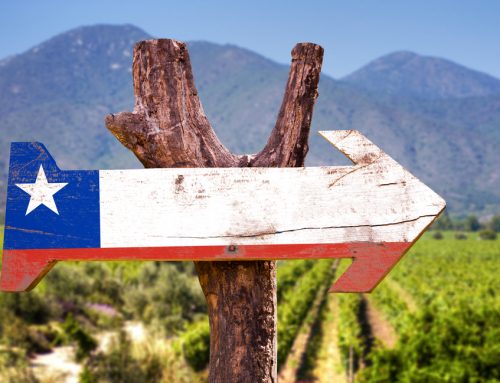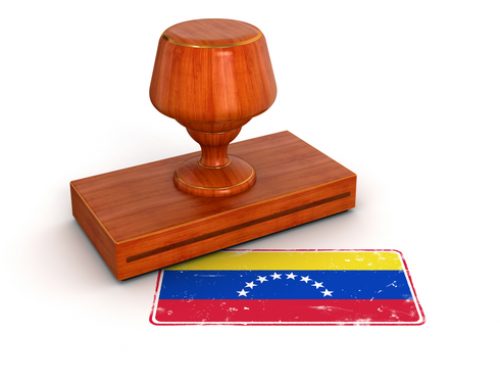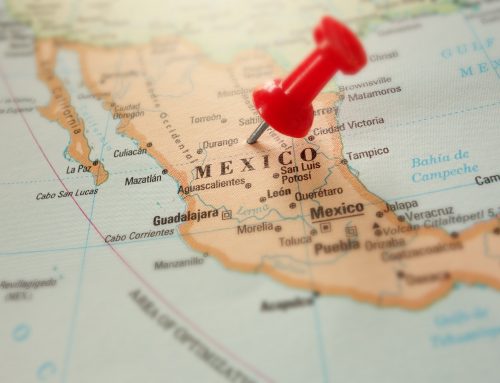
When we think about the economic development of Colombia we have to consider the importance of the biological diversity that this country has and the need to manage it in a sustainable and balanced way in the light of the needs of today’s world. Colombia occupies a privileged place within in the centers of biodiversity in the world, being in the top positions thanks to the variety of birds, orchids, plants and other species of flora and fauna that Colombia has. As a mega-diverse country, it is more than suitable and necessary to think about the sustainable use of biological resources.
It is important to recognize the added value that national and foreign companies showed on biodiversity, especially with the rise of biotechnology in the 90’s. It was establish that certain plants and animals have genetic resources, which can be extracted and developed into products and services with a high commercial value (pharmaceutical, cosmetics and food, products that have a high demand around the world).
In the light of this economic development from genetic resources, it is necessary to prevent the unlawful collection of plants and animals in their countries. With this motivation, several States grouped together, agreeing to give legal life to several international instruments recognizing the importance of biological diversity and the need to regulate in a balanced way its exploitation and use.
Therefore, instruments such as the Convention on Biological Diversity was created, which is considered to be the value of the biological diversity and of the knowledge, innovations and practices of indigenous and local communities associated, recognizing at the same time the power of each country to determine the conditions to access to their genetic resources in accordance with the principles and provisions contained in applicable national and international legislation.
[1]In Latin America, Member States of the Andean Community adopted Decision 391 of 1996 of the Commission on the CAN, which establishes that all interested in collecting plants and animals, and their genetic resources, must apply for a permission from the State, through a contract of access of genetic resources (ARG). This was an effort to initially preserve biodiversity and to distributed in a fair and equitable the benefits arising from the utilization of genetic resources, between the State and the individual.
Although there’s been some efforts from the States of the CAN to regulate the acquisition of genetic resources in the Colombian territory regarding the requirements written and establish in the CAN, the Decision 391 has been fairly criticized by entrepreneurs and theorists, since there isn’t a clear procedure established to apply for a contract of the ARG, or the applicable guidelines to adopted in order to ensure the fair and equitable sharing of the benefits arising out of the contract. Indeed, the regulation of the procedure and the fair and equitable sharing of benefits is at the discretion of each State. In the case of Colombia, State has not regulated in a precise way the procedure to sign a contract of the ARG, nor much less have some guidelines to ensure the fair and equitable sharing of benefits.
It is important to consider that since 1996 to October 2015 only 3 contracts have been accepted and sign to have access to genetic resources, signed which demonstrates the problems that exist in the country: there is the commercial interest of companies in taking advantage of genetic resources through access to them for the development of products and services that can be sold in the domestic and international market, and on the other hand there is the need for regulation and clear procedures regarding access to genetic resources that will ensure the sustainable use and the fair and equitable sharing of benefits with the communities associated with these resources.
Therefore, the Ministry of environment and sustainable development (“MADS”) in representation of the Colombian State, must implement mechanisms to short, medium and long term, where it is intended to repair the regulatory gaps that revolve around the contract to access to genetic resources. Among some goals that must be established, is because 1) set a few guidelines that establish an equitable distribution of benefit among indigenous communities, the State and the party interested in extracting the flora and fauna of the country; (2) create tax benefits for companies that seek to investigate and market any type of product that contains genetic resources; (3) strengthen the management of the MADS so you can, in a way that is effective and transparent, negotiate contracts of ARG with interested applicants, taking into account the preservation of the environment and the fair and equitable sharing of benefits between the parties.
By strengthening the public institution is possible to repair the errors have been committed since the signing of Decision 391 of 1996 to today day. It is necessary that the Ministry of the environment develop a regulatory framework outlining the conditions for access to genetic resources, especially within the framework of the fair and equitable sharing of benefits. If they do not pay attention to this problematic, Colombia will not get a real advantage on conditions that make us a unique nation.

[1] Article 16 of the Commission on the CAN defined the access contract as “the agreement between the competent national authority on behalf of the State and a person, which establishes the terms and conditions for access to genetic resources, their by-products and, if appropriate, the associated intangible component.”




